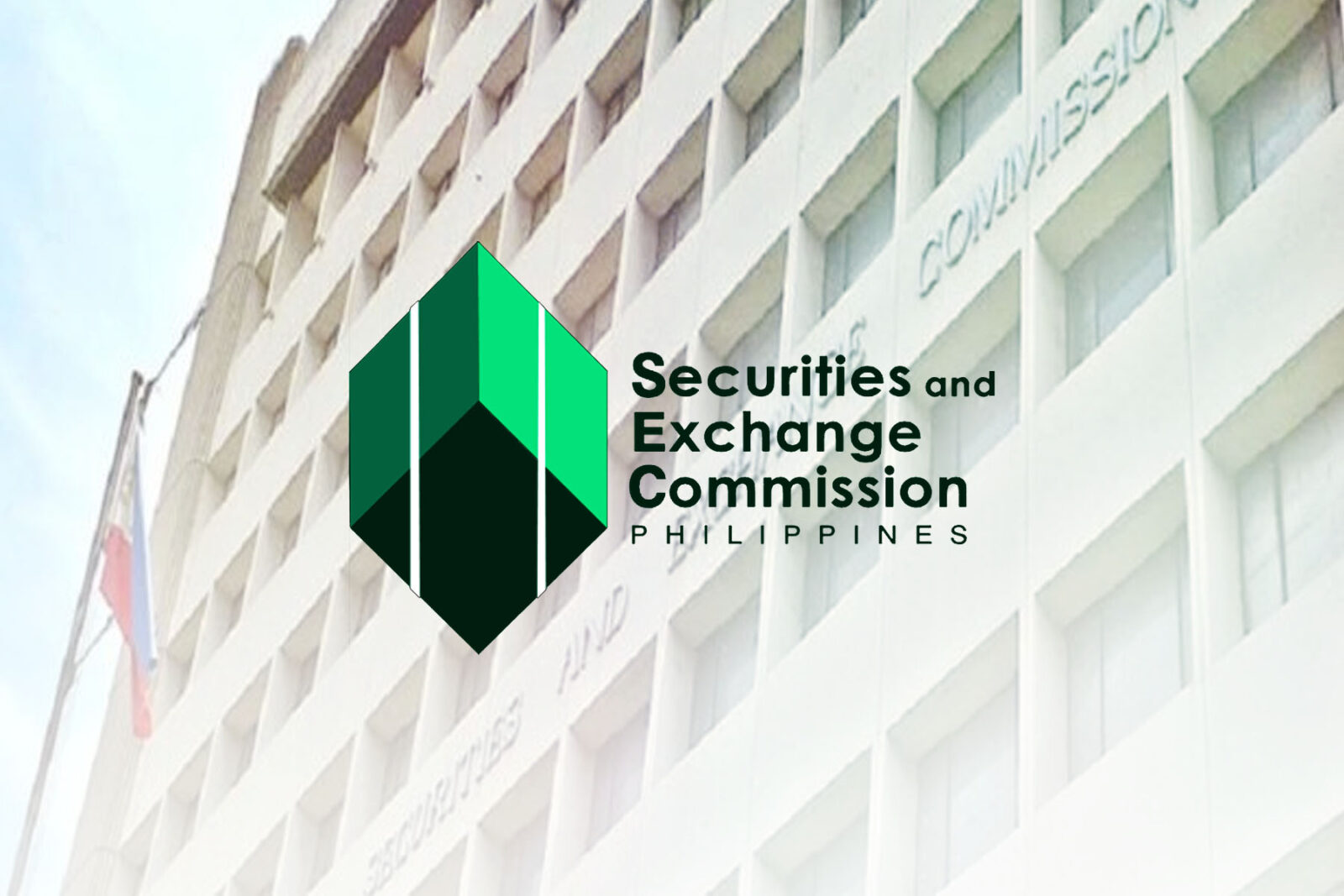SEC seeks bank secrecy reforms to weed out corruption

The Securities and Exchange Commission (SEC) is supporting proposals to ease bank secrecy laws amid mounting calls for accountability from government officials allegedly involved in anomalous flood control projects.
“As a corporate and capital market regulator, the SEC welcomes the proposed easing of our bank secrecy laws as a necessary measure to uphold trust and confidence in the Philippine capital market and overall economy,” SEC Chair Francis Lim said in a statement on Wednesday.
Lawmakers have filed bills before the House of Representatives proposing the lifting of the bank secrecy law, mainly to promote transparency and address corruption.
Among the amendments include empowering the Bangko Sentral ng Pilipinas to inquire into and examine deposits if there is “reasonable ground to believe that fraud, serious irregularity or unlawful activity” was committed by stockholders, owners, directors, trustees, officers or employees of supervised institutions.
According to the SEC, bank account owners found to have violated the Securities Regulation Code use the bank secrecy law to limit the enforcement capacities of the commission.
The law also “prevented” the SEC from validating the financial position of companies suspected of misconduct, corporate fraud or noncompliance with certain requirements.
“Corruption is a major concern for local and foreign investors alike,” Lim said, noting that corruption translated to “real, unnecessary” additional costs of doing business in the Philippines.
“The ability to access critical financial information, particularly in cases of insider trading, market manipulation and investment fraud, will significantly enhance the enforcement capabilities of the SEC,” Lim added.
If the bank secrecy law is amended, it would enhance the corporate watchdog’s investigative power, since it would be able to easily gather evidence of fraud, misrepresentation or unregistered securities offering from bank records.
This is seen to speed up the resolution of pending cases.
For decades, regulators have attempted—but failed—to get Congress to reform the bank secrecy law.
In 2019, the Financial Action Task Force noted that bank secrecy legislation could affect the ability of “other competent authorities to access information to properly perform” their antimoney laundering-related functions.
At the same time, the Organization for Economic Cooperation and Development has been advocating for the lifting of bank secrecy to enhance tax transparency and exchange of information between tax administrations.





















